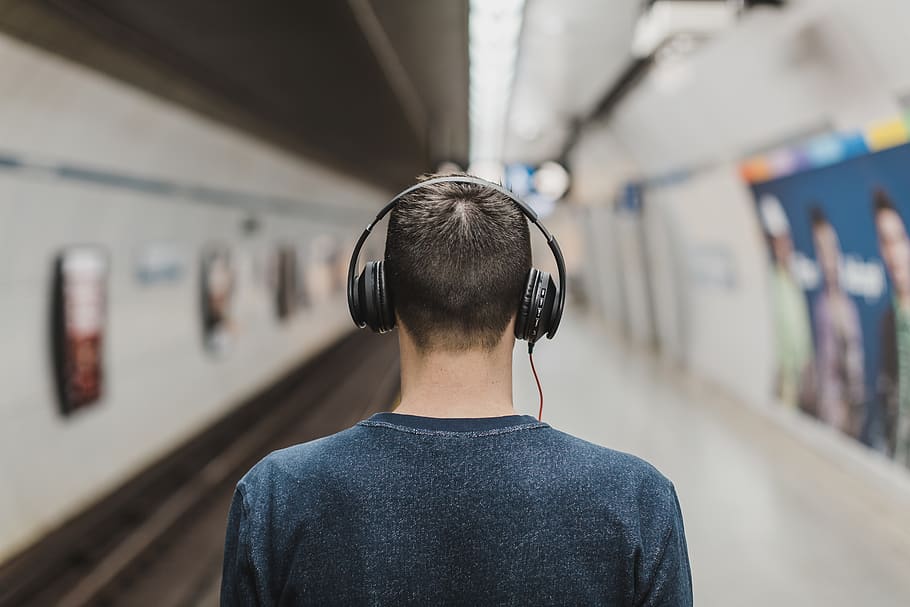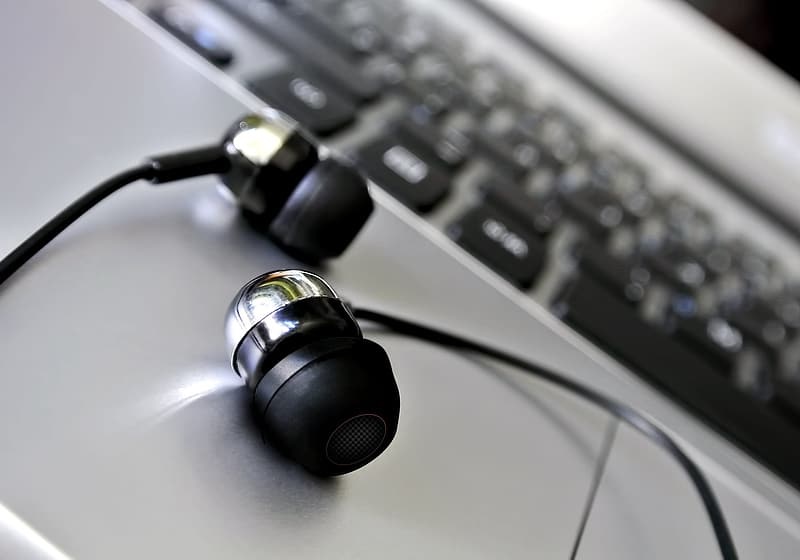Sensory overload can particularly debilitating, and can impact greatly on the day to day life of individuals who experience it.
But what can be done to help sensory overload? Unfortunately there is no cure, and currently there aren’t many treatment options.
However a popular remedy for sensory overload, particularly when it is auditory overload, is headphones.
But what is the evidence for their use? This is something we will look at in this article.
Do Headphones Help With Sensory Overload?
The short answer is yes, headphones have the potential to help with sensory overload of the auditory type.
This can be seen from both academic research, and testimonies from many users.
In terms of research, there have been a handful of studies carried out in this area.
A study by Pfeiffer et. al (2019) looked at the effectiveness of Noise-Attenuating Headphones on children with an autism spectrum disorder (ASD), and auditory hypersensitivity (hyperacusis).
This study used a mix of in-ear (IE) and over-ear (OE) headphones on six children aged 8–16 years.
The aim was to see if headphones reduced a distress reaction to sound in the children.
The findings of the study were interesting. They suggested that the use of noise attenuating headphones for individuals with ASD and hyperacusis may reduce stress levels resulting from environmental noise such as the playground, shops, or at home.

The study found that stress, anxiety, and other physiological responses were reduced where headphones were employed in these environments.
Interestingly, this study also found that in some instances positive effects were experienced simply by wearing headphones, and there was no need for any kind of noise or music playing.
Another study by Ikuta at. al (2016) also examined if noise cancelling headphones and earmuffs helped children on the autistic spectrum deal with hyper-reactivity to noise.
This study demonstrated that noise cancelling headphones can help people deal with problems with ambient noise levels in different environments (as the noise cancelling technology cancels these ambient noises out).
This study however did highlight a possible disadvantage of such headphones. It was observed that participants may struggle with the fact that they can only hear people’s voices, and can now hear them very clearly.
So headphones may not be a good option for those with sensitivity to human voices.
However, this study observed improvements in almost a quarter of individuals who had previously had behavioral problems relating to environmental noise.
Finally, a study by Rowe et. al (2011) demonstrated that in a classroom environment, study participants showed longer and more consistent attention to a task when they were using headphones.
We haven’t discussed people’s testimonies in this area. However you will find there are also many online discussions around this subject, where people discuss the pros and cons of such headphones for use with sensory issues.
Which Headphones Should You Choose For Use With Sensory Overload and Sensory Processing Issues
Would you like help in choosing headphones for someone with sensory issues?
Well we have written a guide on this very subject which you can read by following this link.
We hope this article was useful in summarising the subject of headphones and sensory processing issues.
Check out aeonreviews.com for more content.
References
Nobuhiko Ikuta, Ryoichiro Iwanaga, Akiko Tokunaga, Hideyuki Nakane, Koji Tanaka, Goro Tanaka. Effectiveness of Earmuffs and Noise-cancelling Headphones for Coping with Hyper-reactivity to Auditory Stimuli in Children with Autism Spectrum Disorder: A Preliminary Study. Hong Kong Journal of Occupational Therapy. Volume 28, December 2016, Pages 24-32 (link)
Rowe C., Chandler C., Neville M. (2011). Noise reduction headphones and autism: a single case study. J. Occup. Ther. Sch. Early Interv. 4, 229–235. 10.1080/19411243.2011.629551 (link)
Pfeiffer, B., Stein Duker, L., Murphy, A., & Shui, C. (2019). Effectiveness of noise-attenuating headphones on physiological responses for children with autism spectrum disorders. Frontiers in Integrative Neuroscience, 13, Article 65 (link)

